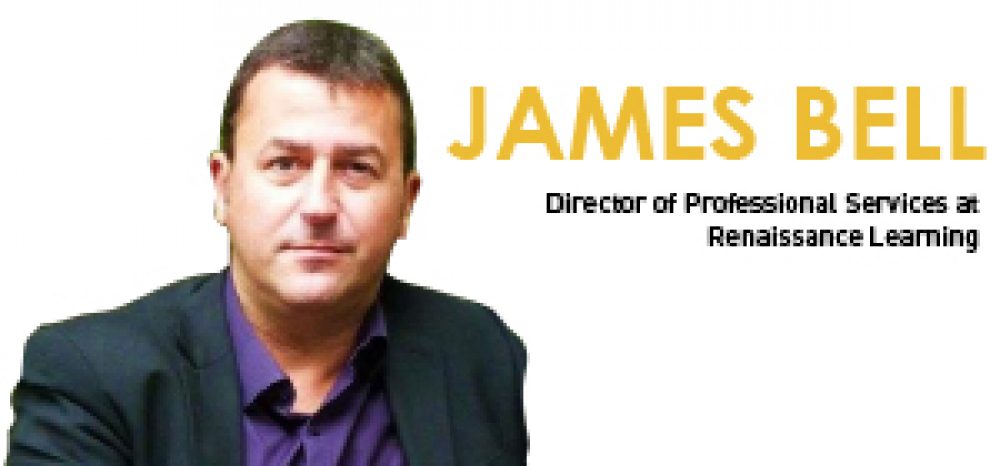James Bell, Director of Professional Services at Renaissance Learning, discusses the challenges of the secondary transfer and the impact this can have on student progression, as well as what can be done to combat any negative effects.
Just as moving house or job can be stressful and require a period of settling in, the move from primary to secondary school for children can be a tough transition. It might come as no surprise then, that the latest ‘What Kids Are Reading’ report has revealed a plateau in reading progression as children reach Year 7 and begin secondary school.
This year’s What Kids Are Reading report, written by Professor Keith Topping and published by Renaissance Learning, shows what 580,309 children across 2,757 UK schools are reading.
Professor Topping’s findings reveal a sharp contrast in the difficulty rating of the books read by primary and secondary pupils.
Primary school pupils – particularly in Years 1-5 – show a strong preference for challenging books which are significantly beyond their natural reading age. In Year 6 relative difficulty declines somewhat, but children are still reading above their chronological level.
In primary school children challenge themselves, but this changes when they start secondary.
However, we see a marked difference in Year 7 where favoured books are no longer above chronological age, but are instead six months below it,and in ensuing years the difficulty of chosen books plateaus or declines. It seems that in primary school children are challenging themselves, but this changes when they start secondary school.
What is behind the decline in difficulty from Years 6 to 7? This could be due to the transfer between primary and secondary schools, which emphasises the importance of directing students to appropriately challenging books during this period.
How can educators overcome this problem? Continuity is a key ingredient to learning, and while changing schools signals a new beginning in a child’s educational career, both primary and secondary schools can make sure the transfer is as pain-free as possible for pupils. Arranging transition days and working towards understanding the level of each pupil before and after the move up to secondary school can help give pupils the best chance to progress.
Secondary teachers and librarians can also use the report’s findings to help encourage children to read more appropriate books.
One of the biggest challenges at secondary transfer is making sure that children remain interested in reading and learning. Epic dystopian fantasies dominated the top 20 most enjoyed titles for secondary schools which means that perhaps pointing children towards more sci-fi action stories like Suzanne Collins’ Hunger Games should be encouraged in order to maintain the love of fiction for secondary students.
Another telling feature of the report is the absence of J.R.R. Tolkien from the top 20 most popular and most read books, and a sharp contrast from the books children are reading – largely featuring Jeff Kinney and Roald Dahl – with books that they have actually enjoyed the most, such as five titles from Cassandra Clare including City of Ashes and City of Bones.
The immense challenges that accompany the leap from primary to secondary school cannot be underestimated by pupils or educators, but it is vital that reading progression does not become sidelined during this period. By understanding what books are most appealing to children we can help point them in the right direction during this transfer and ensure they continue to progress
James Bell, Director of Professional Services at Renaissance Learning







Your thoughts